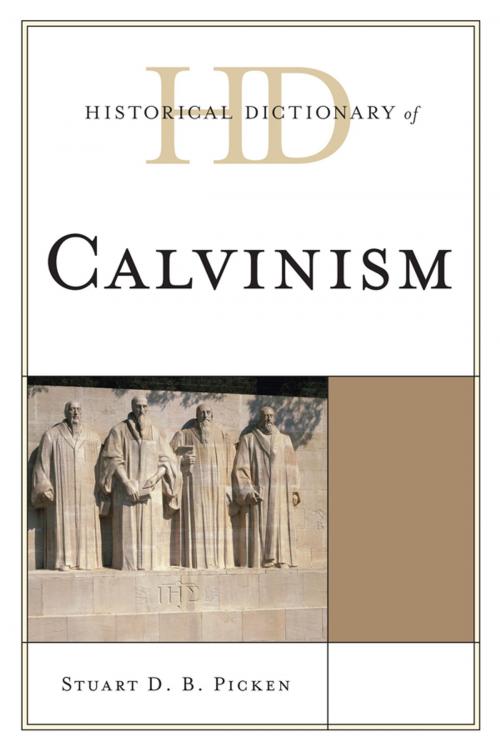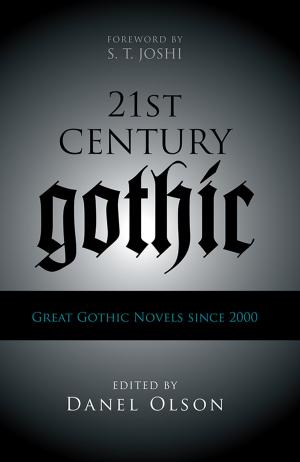Historical Dictionary of Calvinism
Nonfiction, Religion & Spirituality, Reference, General Reference, Reference & Language, Dictionaries, Christianity| Author: | Stuart D.B. Picken | ISBN: | 9780810874718 |
| Publisher: | Scarecrow Press | Publication: | November 11, 2011 |
| Imprint: | Scarecrow Press | Language: | English |
| Author: | Stuart D.B. Picken |
| ISBN: | 9780810874718 |
| Publisher: | Scarecrow Press |
| Publication: | November 11, 2011 |
| Imprint: | Scarecrow Press |
| Language: | English |
Calvinism is named after 16th century Reformer, John Calvin whose overall theology is contained in his Institutes of the Christian Religion (1559). Calvin's theology and ecclesiology provided the foundation upon which the Reformed Churches of Europe were built. It was a comprehensive and carefully expounded alternative to the doctrines of the Roman Catholic Church and was designed to expose their weaknesses and present a view of the Christian Faith that was a reformed version of the old faith.
The Historical Dictionary of Calvinism relates the history of its founder John Calvin, the Reformed Church, and the impact that Calvinism has had in the modern world along with an account of modern and contemporary developments within the religious, political, and social culture it has created. This is done through a chronology, an introductory essay, an extensive bibliography, and over 300 cross-referenced dictionary entries on concepts, significant figures, places, activities, and periods. This book is an excellent access point for students, researchers, and anyone wanting to know more about Calvinism.
Calvinism is named after 16th century Reformer, John Calvin whose overall theology is contained in his Institutes of the Christian Religion (1559). Calvin's theology and ecclesiology provided the foundation upon which the Reformed Churches of Europe were built. It was a comprehensive and carefully expounded alternative to the doctrines of the Roman Catholic Church and was designed to expose their weaknesses and present a view of the Christian Faith that was a reformed version of the old faith.
The Historical Dictionary of Calvinism relates the history of its founder John Calvin, the Reformed Church, and the impact that Calvinism has had in the modern world along with an account of modern and contemporary developments within the religious, political, and social culture it has created. This is done through a chronology, an introductory essay, an extensive bibliography, and over 300 cross-referenced dictionary entries on concepts, significant figures, places, activities, and periods. This book is an excellent access point for students, researchers, and anyone wanting to know more about Calvinism.















